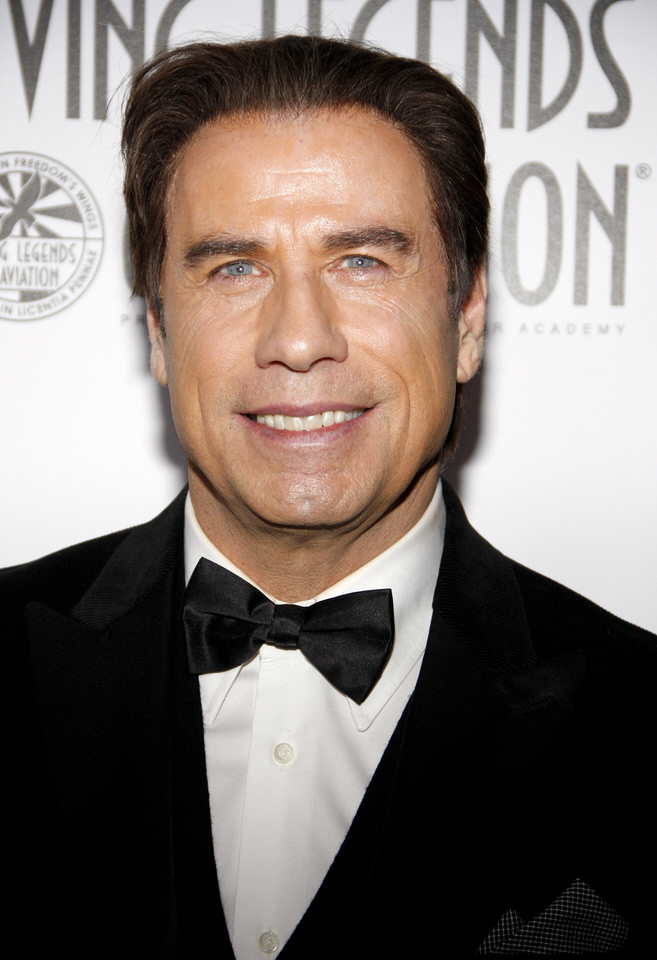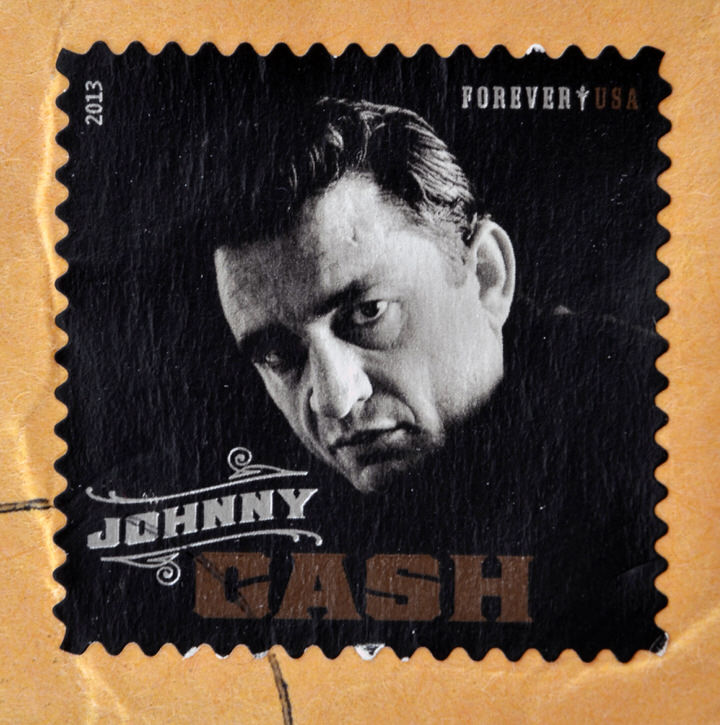Neville Chamberlain
Neville Chamberlain was the British prime minister known for his policy of appeasement towards Hitler's Germany.
World Leader
March 18, 1869
November 09, 1940
71
Neville Chamberlain, born on March 18, 1869, in Birmingham, England, served as the Prime Minister of the United Kingdom from May 28, 1937, to May 10, 1940. He is primarily known for his policy of “appeasement” towards Adolf Hitler’s Germany, particularly his signing of the Munich Agreement in 1938, which ceded the Sudetenland region of Czechoslovakia to Germany. Despite his efforts to maintain peace, Chamberlain’s negotiations with Germany proved unsuccessful, leading to his resignation.
Chamberlain also held the position of Chancellor of the Exchequer, during which he implemented various social and economic reforms. He actively promoted disarmament and sought to prevent another World War. However, his “Peace for our time” speech following the Munich Agreement has become emblematic of his failure to manage Hitler effectively.
Apart from his political career, Chamberlain was passionate about sports, particularly cricket and golf. He played cricket professionally and represented Birmingham in several matches. Known for his competitive and determined spirit, Chamberlain consistently made time for his love of sports despite his demanding schedule.
Ultimately, Neville Chamberlain’s legacy is marked by his policy of appeasement and his involvement in the early stages of World War II.







